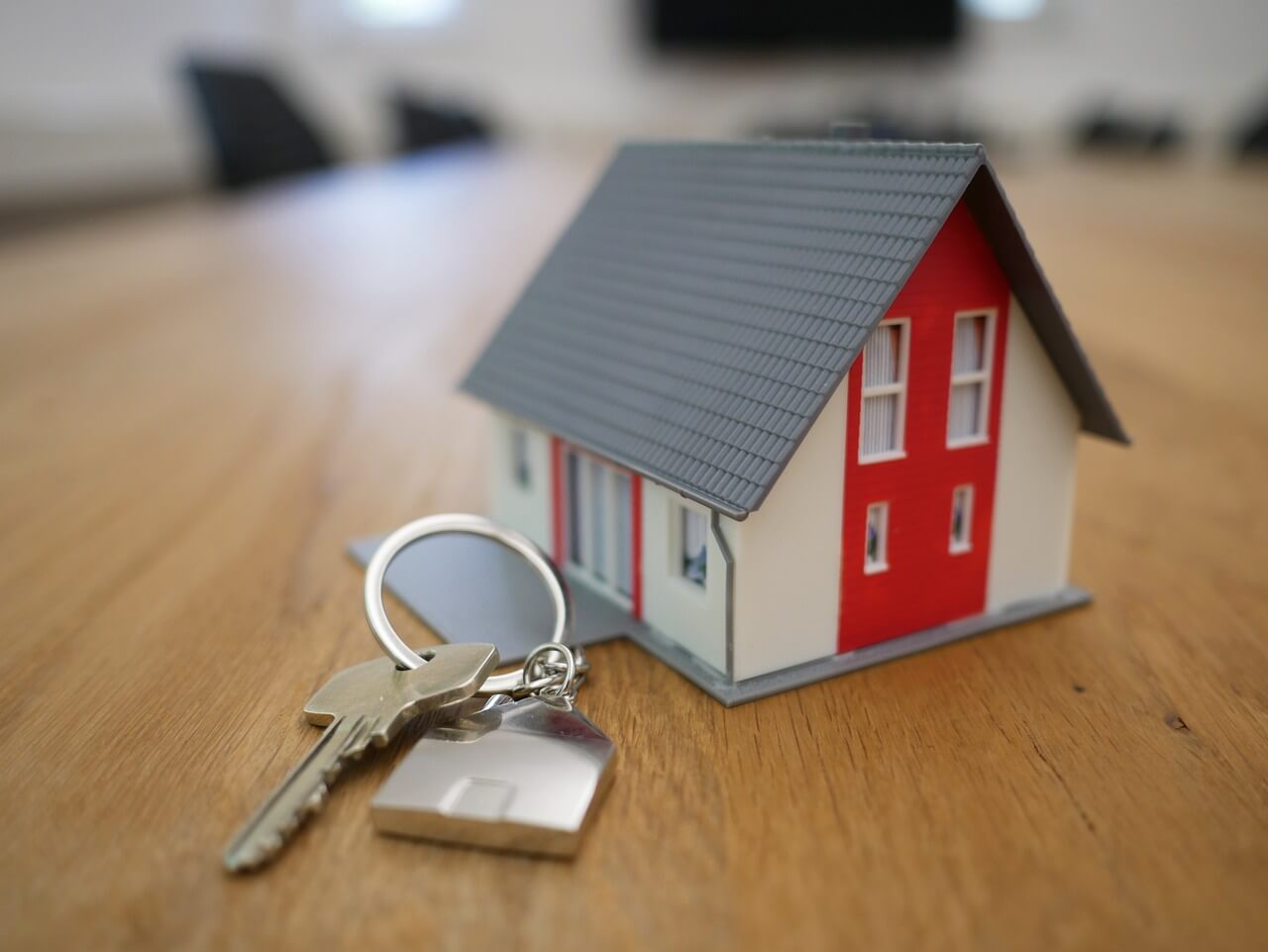Deciding whether to rent or buy a home is one of your most significant financial decisions. It’s about your lifestyle, long-term goals, and how much flexibility or stability you want. Both renting and buying have unique advantages and challenges, and the right choice can vary depending on your current circumstances, future plans, and the real estate market in your area.
Rising interest rates and shifting home values have made this decision even more complex. Renting offers freedom, mobility, and fewer responsibilities for some people. For others, homeownership provides a sense of pride, security, and a pathway to building long-term wealth. The choice between the two isn’t always black and white. There’s a wide gray area that depends on personal and financial considerations.
Before making a decision, evaluate your priorities and understand the long-term implications of each option. Whether you’re a first-time buyer, a long-time renter, or someone caught in between, these five key factors can help you confidently choose the best path for you.
Photo credit: Pixabay
Financial Readiness
Your financial situation plays a major role in determining whether buying or renting is the smarter choice. Buying a home usually requires a substantial upfront investment, including a down payment, closing costs, and moving expenses. Renting requires a security deposit and the first month’s rent, which is far less than the cost of purchasing property.
Homeowners are responsible for property taxes, insurance, maintenance, and repairs. These recurring expenses can add up quickly and should be factored into your budget. Renters typically don’t have to worry about these financial responsibilities, so it’s much easier to budget their housing expenses for the year.
Another key factor is your credit score. If your credit needs improvement, it could affect your ability to qualify for a mortgage or increase your interest rate. Reviewing your financial health before committing to a long-term investment like homeownership is essential. Working with a mortgage broker can be beneficial during this stage, especially if you’re exploring local options. A quick search like Fairhaven, MA mortgage broker can help you find someone who understands your regional market and can help tailor financing options to your needs.
Lifestyle and Flexibility
One of the biggest advantages of renting is flexibility. Renters can usually move with relative ease when their lease is up. This mobility appeals to young professionals, frequent travelers, or those who value change and spontaneity.
But buying a home usually involves a longer-term commitment. Selling a home can be a complex and time-consuming process. Homeowners typically need to stay in their property for at least five years to offset closing costs and build equity. If your lifestyle includes frequent moves or you’re unsure about your long-term plans, renting may be the more practical choice.
Owning a home offers stability and a strong sense of community that renting sometimes lacks. Buying a home could be a better fit for your lifestyle if you’re ready to plant roots, personalize your living space, and participate in neighborhood events or homeowner associations. Your decision should reflect how you want to live – not just where you want to live.
Your Local Real Estate Market
The condition of your local housing market can influence whether it’s better to rent or buy. Monthly rent payments are comparable to or even higher than a mortgage in some areas, making ownership a more attractive financial decision. Soaring home prices and property taxes can make renting more economical, at least in the short term.
It’s also important to consider whether home values in your desired area are expected to appreciate or decline. Buying in a growing market can build equity and wealth over time, but purchasing in a stagnant or declining area could result in financial loss. Local job growth, infrastructure development, and school district performance are all factors that influence real estate trends.
Doing your research and talking to local experts is key. Real estate professionals have up-to-date data and experience navigating the nuances of specific markets, which can help you make a more informed decision.
Long-Term Financial Goals
Are you looking to build equity, create a stable living situation, or pass down property to family members? Buying a home aligns well with those long-term financial goals. Owning real estate is a path to wealth-building because it allows you to accumulate equity over time.
Renting allows for more flexibility in how you manage your money. Without the costs of maintenance and property taxes, renters can allocate funds toward investments, savings, or other financial goals. This can be especially appealing if you’re not ready to commit to a 15- or 30-year mortgage or want to focus on reducing debt.
Homeowners can take advantage of potential tax benefits, like mortgage interest deductions and property tax write-offs. If these benefits align with your broader financial strategy, buying a home may help you achieve long-term security if you’re ready for the commitment.
Responsibility and Maintenance
Another important factor is how much responsibility you’re willing to take on. When you rent, your landlord is responsible for fixing broken appliances, maintaining the property, and handling emergency repairs. This can save you time, money, and the stress of unexpected issues.
When you own a home, you are the landlord. Everything from a leaky roof to a busted water heater becomes your problem. Homeownership requires a proactive approach to maintenance and a budget for routine upkeep and surprise repairs. Some people thrive on the independence of managing their own property, while others find it burdensome.
There’s also the question of time. Do you want to spend weekends landscaping or repainting rooms? If not, renting might be more appealing. But if you’re excited about creating a custom space, building equity, and taking pride in your property, the responsibilities of homeownership may feel more like a rewarding investment than a chore.
Final Thoughts
Choosing between renting and buying isn’t just about numbers. It’s about aligning your housing decision with your lifestyle, goals, and financial health. Renting offers convenience, lower upfront costs, and mobility, while buying offers long-term stability, potential equity growth, and a deeper sense of ownership. By evaluating your current situation and what matters most to you, you’ll be better equipped to make the right call.
Whether you’re drawn to the freedom of renting or the investment potential of homeownership, taking time to assess the five factors above will give you clarity. The key is to choose what works best for your life today while building the foundation for the future you want.
Published in: Home advice | Author: Lynn







